How America normalized the murder of schoolchildren
Don't call them "mass shootings." They are unfathomably more monstrous and devastating than that impersonal, quasi-industrial language suggests.

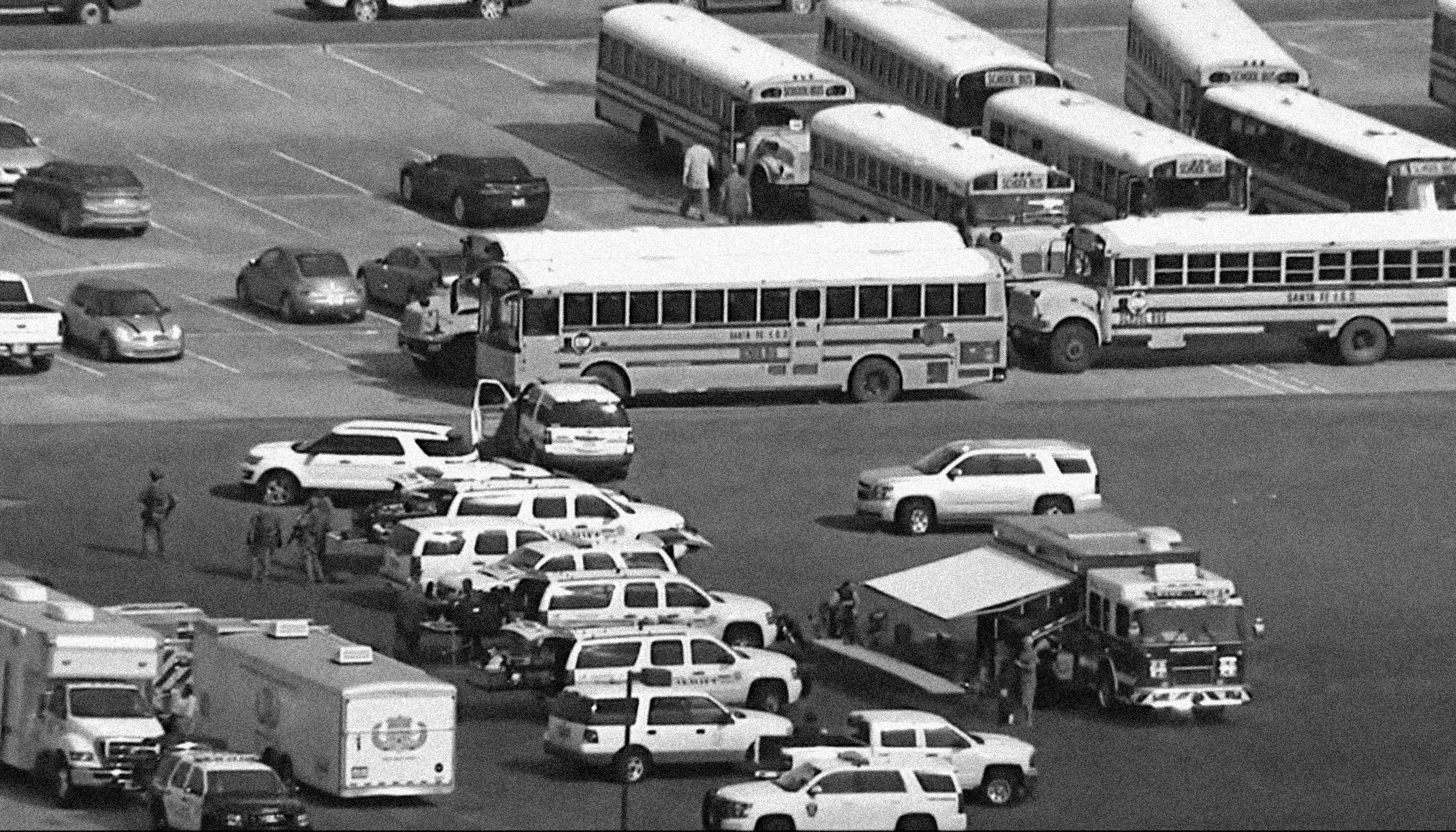
A free daily email with the biggest news stories of the day – and the best features from TheWeek.com
You are now subscribed
Your newsletter sign-up was successful
For some time now it has been obvious that our language is not up to the task of describing current events. Perhaps the most obvious and dispiriting example is the more or less ubiquitous use of the phrase "mass shooting" to refer to massacres such as those that have taken place recently in Nevada, Florida, and now Texas, where at least 10 people were killed on Friday morning at a high school near Houston.
When a euphemism suddenly appears and finds itself universally adopted, it is always worth asking what it is meant to conceal.
The earliest use of the phrase "mass shooting" I can find appears in a volume of the Congressional Serial Set from 1920. It is part of a translation of a Bolshevik radio broadcast:
The Week
Escape your echo chamber. Get the facts behind the news, plus analysis from multiple perspectives.

Sign up for The Week's Free Newsletters
From our morning news briefing to a weekly Good News Newsletter, get the best of The Week delivered directly to your inbox.
From our morning news briefing to a weekly Good News Newsletter, get the best of The Week delivered directly to your inbox.
Such a situation should decidedly be stopped. End should be put to weakness and softness. All rightist-socialist-revolutionaries known to local Soviets should be arrested immediately. Numerous hostages should be taken from the bourgeois and officer classes. At the slightest attempt to resist or the slightest movement among the White Guards, mass shooting should be applied at once. [Congressional Serial Set]
The most striking feature is the combination of words "mass shooting should be applied," which suggests that we are talking about an impersonal, even a quasi-industrial process. It is about as bloodless a description of cold-blooded slaughter as one can imagine. It is also, of course, Leninist propaganda.
It is curious that its language should be echoed, right down to the extraordinarily inapt use of the word "situation," in the initial "statement" — itself an especially noxious example of circumlocution, but you would be hard pressed to think of an acceptable all-purpose substitute for this genre of communiqué — offered by a representative of Santa Fe High School on Friday:
This morning an incident occurred at the high school involving an active shooter. The situation is active, but has been contained. There have been confirmed injuries. Details will be released as we receive updated information. Law enforcement will continue to secure the building and initiate all emergency management protocols to release and move students to another location. [Santa Fe Independent School District]
Our eyes are so accustomed to skimming documents of this sort that it is easy to forget just how ludicrous they actually sound. Here we have acts of almost unimaginable savagery reduced to a vague "incident," another "situation" that has mysteriously come into being. The words are dehumanizing to an extent that is almost impossible to convey. A person, or perhaps an animal, might be described as "active," but situations and incidents cannot be. Nor in any case is "active," which simply means engaged or ready to engage in some unnamed activity, anything like the right word for describing mindless violence. Goodness knows what is being papered over by "contained."
It is difficult to fault whoever is tasked with preparing this worthless account; he or she did not invent this mystifying double-speak, but if examples of this sort of thing are never discussed or criticized for their disfiguring effect upon our ability to see events clearly, I cannot help but think that the normalization of murder will become inexorable.
A free daily email with the biggest news stories of the day – and the best features from TheWeek.com
We must resist whenever possible this unthinking reliance upon the abstract, the equivocatory, the nonsensical in our descriptions of violence, especially when children are among the victims. If it means discarding many of the norms of contemporary journalism and PR-ese, so be it. We cannot tolerate "situations." A quasi-miltary assault, whether it is staged on a battlefield or a high school, is not an "incident." When a murderer is armed and at large he is not "active"; when he has been shot or detained by the police he has not been "contained," like a liquid.
Many will insist that this kind of linguistic nonsense is justified, even necessitated, by the absence of facts. To which I would respond that if facts are not available, we ought to wait for them to arrive before writing or speaking, at least publicly. In any case, by the time the facts are known we have already conditioned ourselves to respond to them with the indifference of generic awareness. Even after the names and other details are released we are mentally prepared to respond to them in a predetermined manner, the way we would statistics from a football game, with numbers of victims inserted into our write-ups as casually as if we were recording that so and so had this many tackles; correction, this many.
This reflexive obfuscation is not limited to journalists or those responsible for communicating with the public on behalf of schools. It has long been the practice among gun cultists whenever anyone draws attention to the paucity of good reasons for allowing their hobby to remain legal to resort to jargon and hair-splitting. Those of us who have observed that in Newtown, in Aurora, in Orlando, in Sutherland Springs, and now in Santa Fe, the killers have all used more or less the same sort of weapon are uniformly met with the response that there is, my good sir, a difference between the Colt AR-15 and the ArmaLite AR-15, and that when we use the phrase "assault weapons," what we are in fact referring to are any number of weapons that could be classified in a variety of ways depending upon their manufacturer and various after-market modifications. Moreover, they insist, there is nothing mechanically more deadly about them — notice the sudden willingness to grant the existence of a general category — than numerous other firearms that escape criticism.
There is no reason to indulge this obtuseness. Proponents of private AR-15 ownership should be able to say why they think theirs is a harmless pastime. Without invoking the letter or the dreaded spirit of the Second Amendment and thus declaring the argument over before it has begun — a rhetorical move as dignified as insisting upon one’s right to hoist the Confederate flag over a statehouse — they should explain what the country would lose if the manufacture and sale of these weapons were banned. "Because I can" is not a serious answer to a question on one side of which lie the bodies of more Americans killed in public school buildings since January alone than have been lost among our soldiers fighting multiple wars abroad during the same period.
If no good reason is forthcoming, these weapons ought to be banned or at the very least banished to specially licensed ranges where overgrown children can play with their deadly toys without harming others. The rest of us have had enough of these "incidents."
Matthew Walther is a national correspondent at The Week. His work has also appeared in First Things, The Spectator of London, The Catholic Herald, National Review, and other publications. He is currently writing a biography of the Rev. Montague Summers. He is also a Robert Novak Journalism Fellow.
-
 How the FCC’s ‘equal time’ rule works
How the FCC’s ‘equal time’ rule worksIn the Spotlight The law is at the heart of the Colbert-CBS conflict
-
 What is the endgame in the DHS shutdown?
What is the endgame in the DHS shutdown?Today’s Big Question Democrats want to rein in ICE’s immigration crackdown
-
 ‘Poor time management isn’t just an inconvenience’
‘Poor time management isn’t just an inconvenience’Instant Opinion Opinion, comment and editorials of the day
-
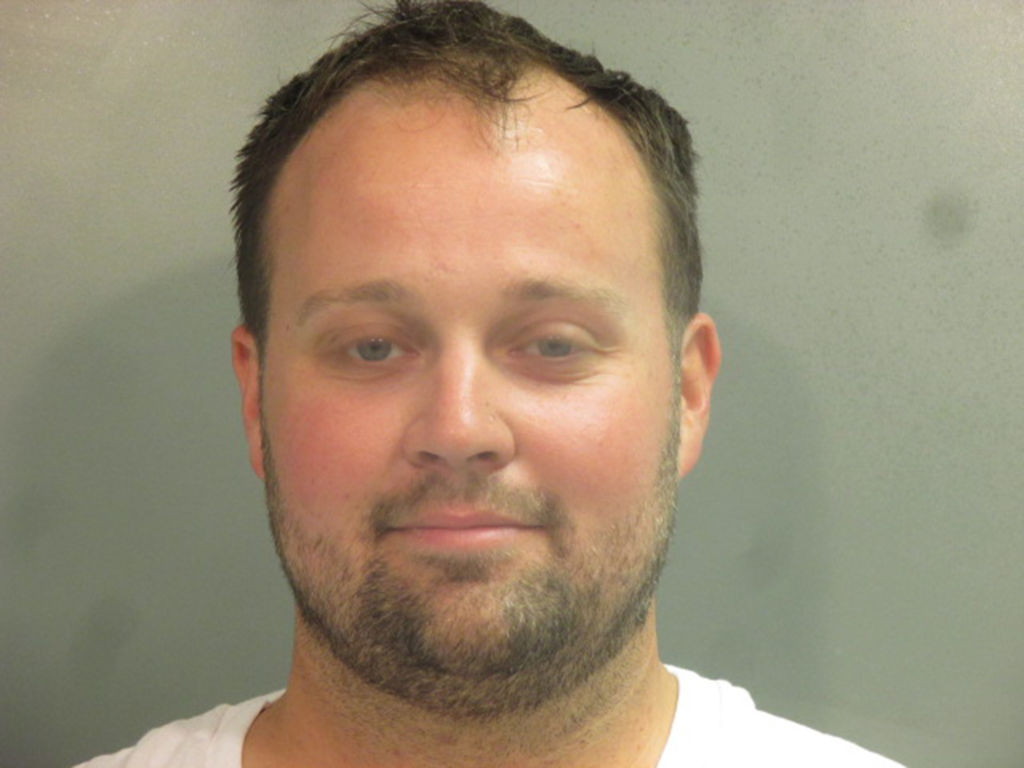 19 Kids and Counting's Josh Duggar hit with child pornography charges
19 Kids and Counting's Josh Duggar hit with child pornography chargesSpeed Read
-
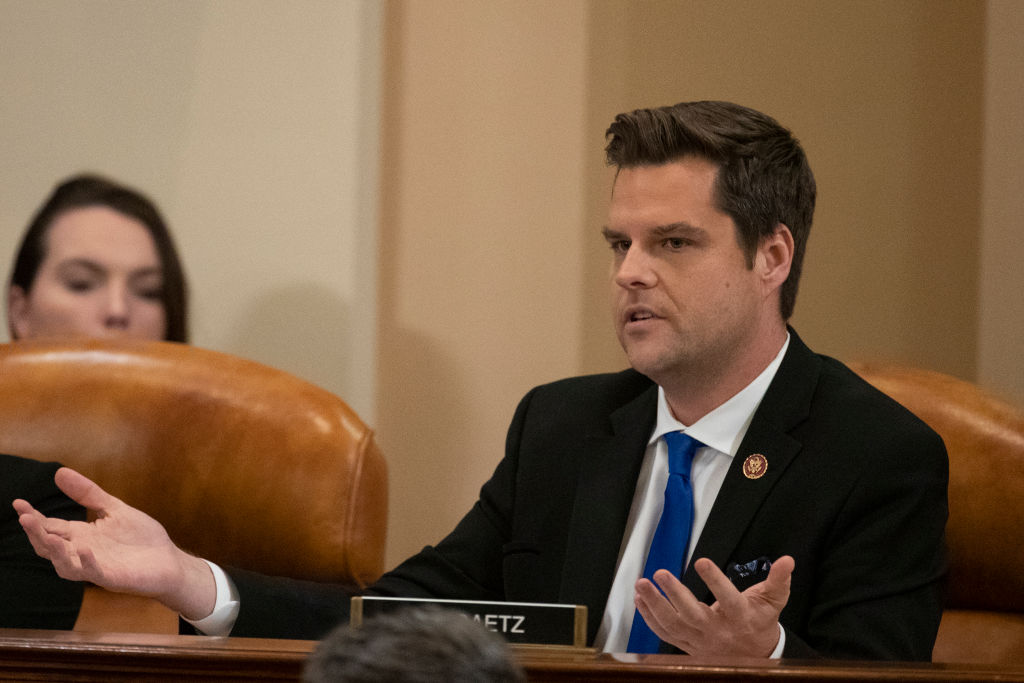 Matt Gaetz was the main opponent of Florida's nonconsensual 'revenge porn' law, GOP lawmaker says
Matt Gaetz was the main opponent of Florida's nonconsensual 'revenge porn' law, GOP lawmaker saysSpeed Read
-
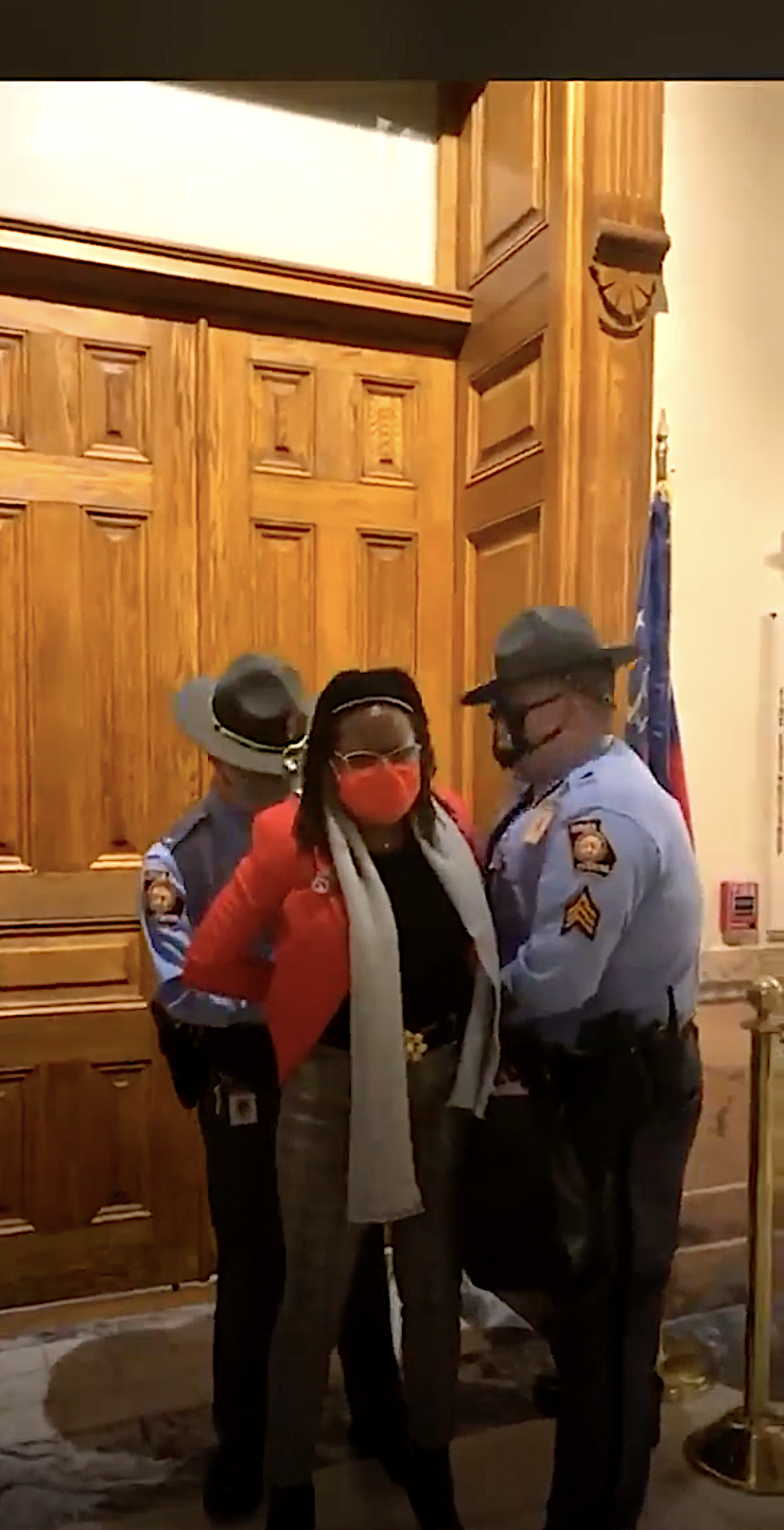 Georgia police arrest Black lawmaker for knocking as Gov. Brian Kemp signed new voting restrictions
Georgia police arrest Black lawmaker for knocking as Gov. Brian Kemp signed new voting restrictionsSpeed Read
-
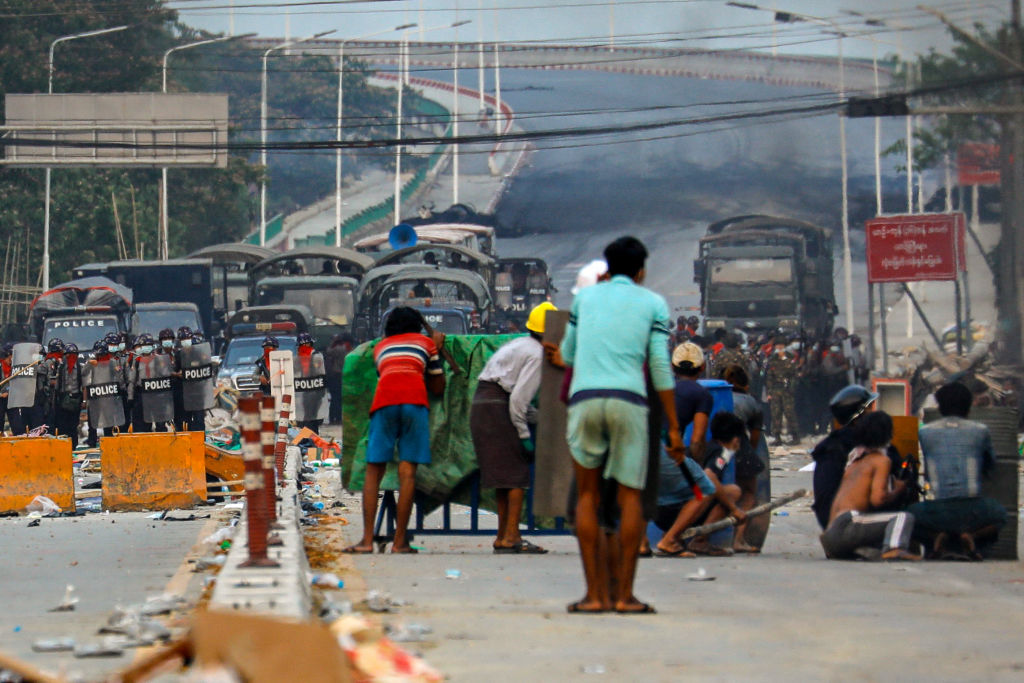 Myanmar junta reportedly kills 38 protesters, declares martial law in part of Yangon
Myanmar junta reportedly kills 38 protesters, declares martial law in part of YangonSpeed Read
-
 Raskin asks FBI for answers on how it's targeting white supremacists in law enforcement
Raskin asks FBI for answers on how it's targeting white supremacists in law enforcementSpeed Read
-
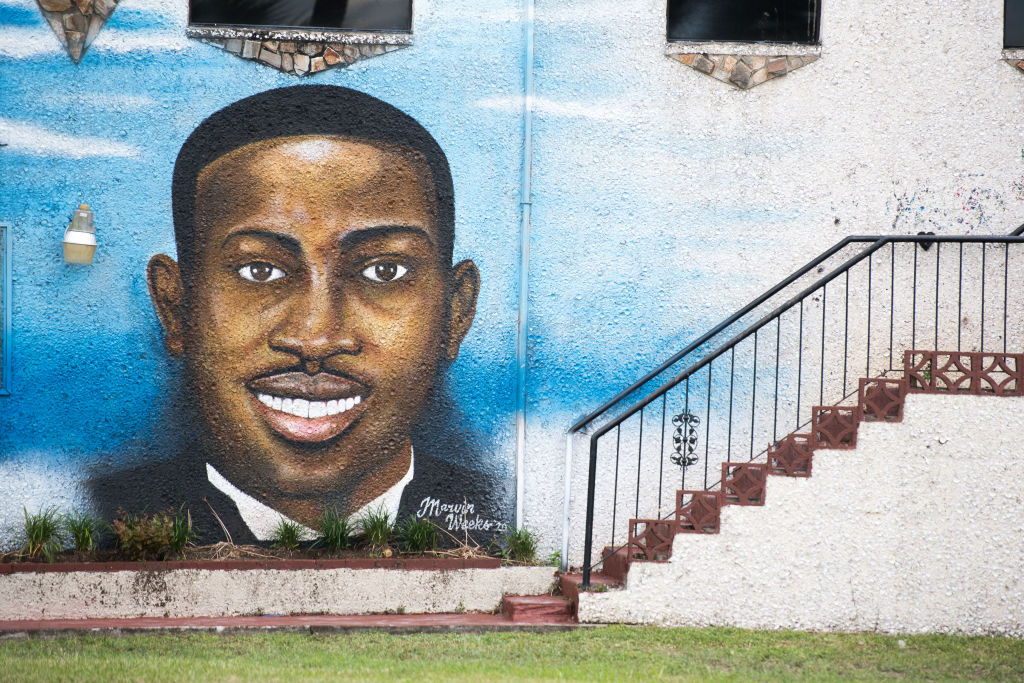 Ahmaud Arbery's mother files civil rights lawsuit 1 year after his death
Ahmaud Arbery's mother files civil rights lawsuit 1 year after his deathSpeed Read
-
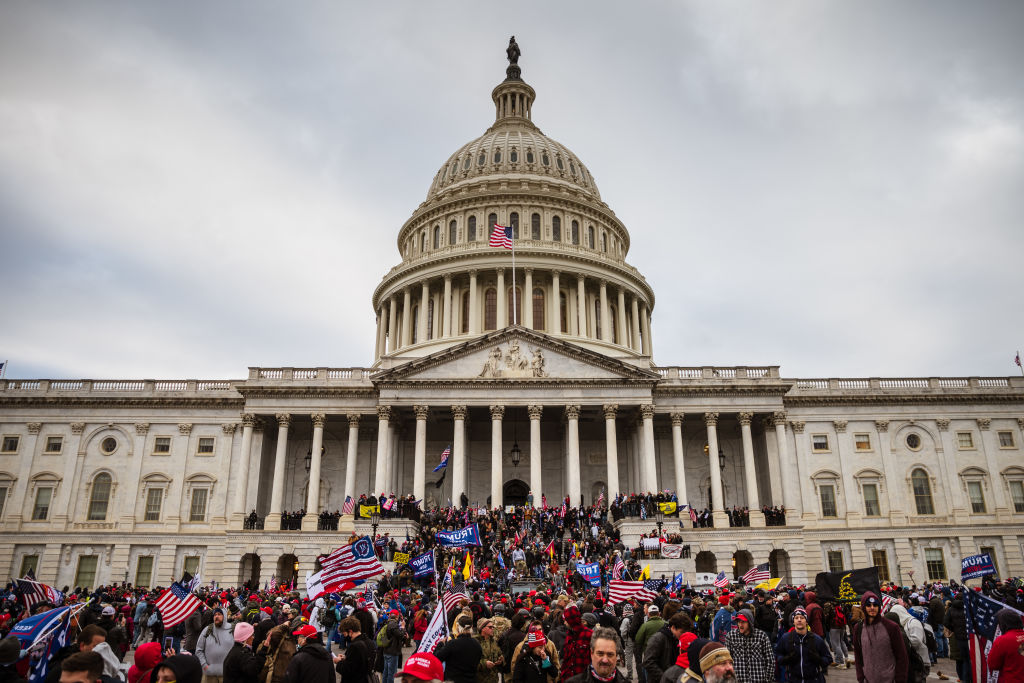 Lawyer for man charged in Capitol riot says he worked for the FBI, had top-secret security clearance
Lawyer for man charged in Capitol riot says he worked for the FBI, had top-secret security clearanceSpeed Read
-
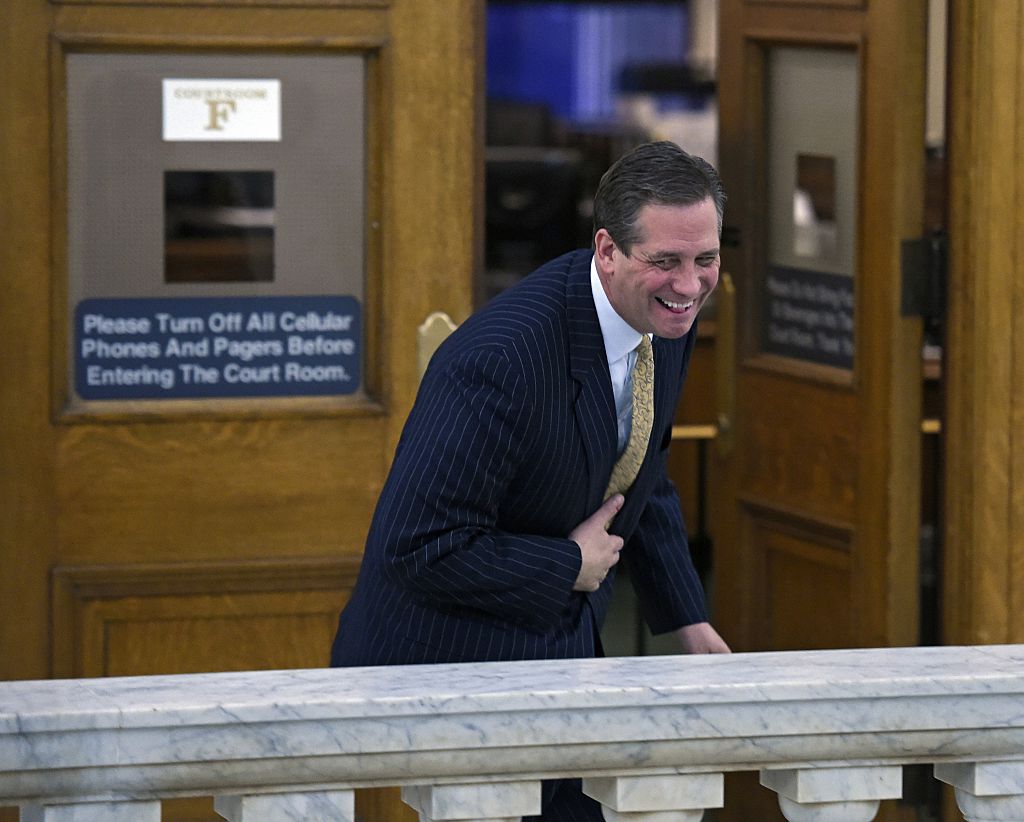 Trump's impeachment lawyer specializes in medical malpractice and 'people falsely accused in Me Too cases'
Trump's impeachment lawyer specializes in medical malpractice and 'people falsely accused in Me Too cases'Speed Read
